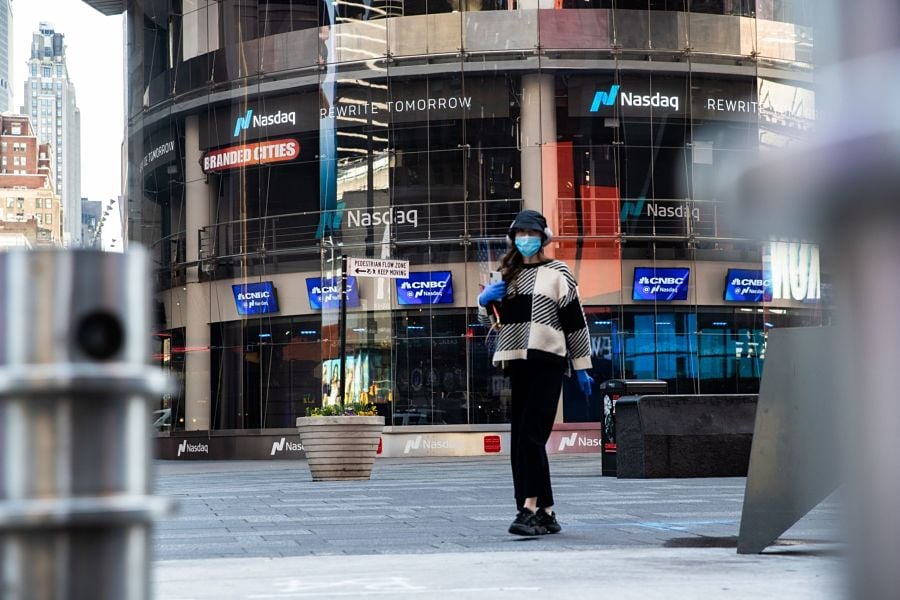

Six months ago, InvestmentNews did what so many other businesses across the U.S. had to do to ensure the health and safety of its staff: We closed the office and went home to help slow the spread of COVID-19.
While the virus has finally relented here in New York, the demands of covering this industry never stopped, nor did our commitment to this publication. Like so many other firms, we adapted to what we identified in the March 30 issue as “The New Normal” and adopted new ways to get the job done and publish this magazine without interruption.
It wasn’t easy, and we recognize that it hasn’t been an easy adjustment for many of you reading this. For some industries, such as restaurants and hotels, it proved nearly impossible. For those firms that have been fortunate enough to pivot, the reward was more than just being able to stay in business; it also gave the staff a sense of purpose, and of hope.
So what has a half a year of quarantine meant to the financial services industry? The InvestmentNews team set out to get an update, and we’re happy to report many positive and surprising developments.
Jeff Benjamin reveals what the future of financial services might look like as working from home is integrated into more firms’ business models.
Bruce Kelly explores how advisers will communicate with one another and with clients in this new paradigm – and how that will be properly supervised and regulated.
Nicole Casperson showcases the tech that advisers will need to plot new growth strategies from their living rooms.
Sean Allocca tells some uncomfortable truths about the wholesale shift to a fully digital workplace.
Mark Schoeff Jr. continues his coverage of how client disputes will be resolved by regulators and the industry’s governing bodies in the absence of in-person hearings.
Emile Hallez lends a voice to those who’ve had to suddenly change their retirement plans as a result of the uncertainty and health risks brought on by coronavirus.
Mary Beth Franklin lays out the tax implications and logistical adjustments for those who’ve had to set up a home office on the fly.
And Brittney Grimes counts down 10 unintended consequences that the pandemic has had on wealth management.
In March, the go-to phrase was, “We’re all in this together.” And that’s still true. The question now is: How much longer will it be until we’re all allowed to be together in any one place again, and what will it look like once we do?
Whatever the outcome, one thing is clear: Everyone involved in the financial services sector, including clients, will be feeling the effects of COVID-19 for years to come.
As the new normal becomes old hat, advisers are faced with an opportunity to reassess priorities and refocus goals to create a new paradigm that will outlast this terrible virus. Stay safe and be well.

Executives from LPL Financial, Cresset Partners hired for key roles.

Geopolitical tension has been managed well by the markets.

December cut is still a possiblity.

Canada, China among nations to react to president-elect's comments.

For several years, Leech allegedly favored some clients in trade allocations, at the cost of others, amounting to $600 million, according to the Department of Justice.
Streamline your outreach with Aidentified's AI-driven solutions
This season’s market volatility: Positioning for rate relief, income growth and the AI rebound
